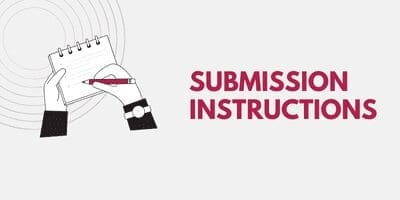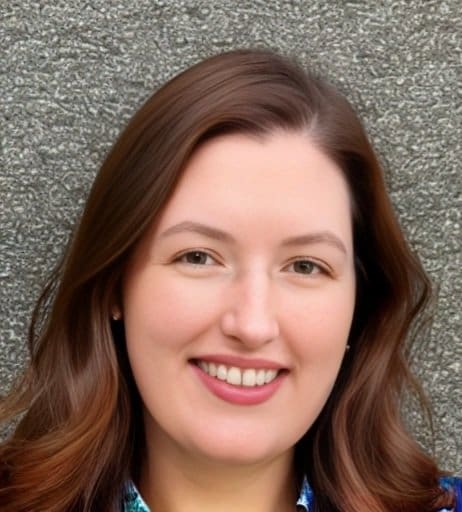2024 Student-Organized Colloquium
Online | July 31st, 2024
Bergen & Student Keynote Online | August 4th, 2024
ABOUT
The Student-Organized Colloquium (SOC) is a FREE event organized by the Student Chapter of the System Dynamics Society. We’ll gather online a week before the conference, and will also meet in-person in Bergen.
Online: July 31, 2024
In-Person: August 4, 2024
As the theme this year is “Bridging Perspectives for New Insights,” the virtual day will be targeted towards newcomers to the field (although all can benefit!) and will consist of an expert keynote address, discussion of Causal Loops Diagrams (CLDs) vs formal models, differences between System Dynamics and other fields, and a conventions and best practices in System Dynamics session, as well as a virtual poster session.
The in person day will comprise student plenary presentation(s), and a workshop taking us start to finish through developing a problem statement, CLD, and dynamic hypothesis of one of a few selected problems in health, finance, sustainability, and housing. The day will finish with an in person table talk style poster session. Both poster sessions will allow students to get feedback on their work from our angel advisors.
The SOC provides an opportunity for less experienced modelers (e.g. doctoral, master, and undergraduate students, as well as practitioners, professionals, and academics who are new to system dynamics) to discuss System Dynamics related ideas and concerns, share their work with others, and receive feedback from more experienced modelers.
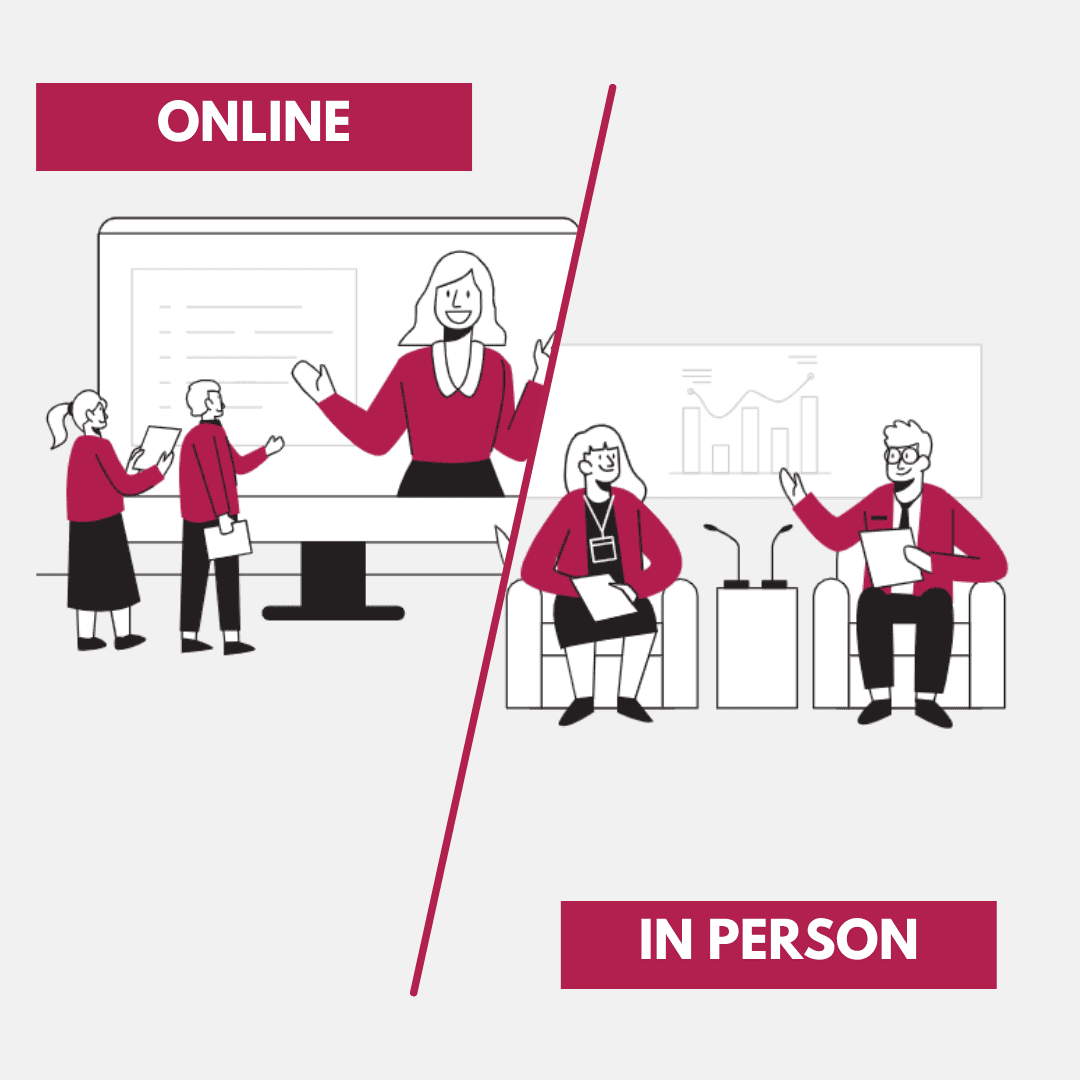
Hybrid
In-Person or Online? Day one will be entirely virtual, and day two will be in person in Bergen, though virtual attendees can listen to student plenaries online.
Open for All
Organized by students, open for all. From novices to experts, the SOC is a great opportunity to join the community

Free Event
If you’re a System Dynamics student. You must go to the SOC. A free event and open for everyone!
Networking
Join students and professionals shaping the future of the field. Share your ideas and be part of a global comunity
CALL FOR PAPERS, WORKSHOPS & CONTRIBUTIONS
Bridging Perspectives for New Insights
Submission Window
January 16 – March 19, 2024
The theme of the 2024 International System Dynamics Conference is “Bridging Perspectives for New Insights.” This theme highlights the need for building bridges across different fields and approaches to benefit everyone. In particular, the unique strengths of System Dynamics in bringing an endogenous, feedback-based perspective on important real-world problems complements methodological advancements in neighboring fields, from network science and epidemiology to operations research and econometrics. By building on these synergies System Dynamics research will be stronger and more impactful. Together, these complementary approaches can enrich theoretical and practical conversations in social, medical, and engineering sciences, ultimately leading to more holistic, long-term, and sustainable policies and insights.
We seek to highlight work from different fields with an interest in connecting with System Dynamics to understand dynamic problems to join us in this stimulating and innovative event. Through sharing perspectives, combining approaches, and fostering productive collaborations we can advance our understanding of complex systems.
For the 2024 conference, we invite contributions in the form of posters, extended abstracts, or full papers.
VOLUNTEER Opportunities
Volunteers bring valuable skills, energy, and enthusiasm to the Sudent-Organized Colloquium, contributing to its success and making it a positive experience for everyone involved. They also provide a fresh perspective, new ideas, and increased diversity to the event, and often form strong bonds with the students they are helping. Volunteering is a great way for students to gain real-world experience, build their networks, and develop leadership skills.
Join the Organizing Team
A big part of the logistics and the general design and execution of the event is only possible thanks to the help of our team of volunteers. If you want to contribute before and/or on the day of the Colloquium, please contact the Student-Organized Colloquium organizing team – Celia Stafford, Daniela Cialfi, Rachel Thompson, and Yuhong Wang. It is an amazing opportunity to meet people from all over the world and have fun!
Ad-hoc meeting times will vary depending on the volunteers needed for specific tasks. We can be contacted at colloquium@systemdynamics.org.
Become an Angel Advisor
Angel advisors will have the chance to sharpen the SD skills of participants and themselves. All successful Student-Organized Colloquium poster/paper applicants ( generally less experienced, junior system dynamicists) are matched with an experienced (senior, mentor) system dynamicist according to research areas. Before the Student-Organized Colloquium, the senior will review the presenter’s paper/poster (this may also include specific System Dynamics questions). The presenter and advisor get an opportunity to meet and discuss the work. Additionally, the angel advisor will help a small group of new modellers through the development of a problem statement, CLD, and dynamic hypothesis related to one of four topic areas. The Angel Advisor Programme provides a unique opportunity for constructive criticism and modelling advice from an expert. This programme has been working since 2015 and we hope we can get more senior system dynamicists involved each year. Become an Angel Advisor today!
ORGANIZERS
Meet our organizers
SOC Core Team
SOC Volunteers
List of SOC 2023 volunteers who opted into sharing their names and LinkedIn or website links:
Andrew Brown
Andries Botha
Erica Rieder
Joseph Ching
Martha Toy (Student Chapter Secretary 2023)
Muhammad Ali Javed
Nashon Juma Adero (Twitter)
Numfor Solange Ayuni
Nur Hazwani Karim
Zahra Shams Esfandabadi
THe venue
The hybrid conference will take place in Bergen, Norway.
Known as the ‘Gateway to the Fjords,’ Bergen is a picturesque coastal city surrounded by seven mountains. Rich in maritime history, and a vibrant cultural scene. The historic Bryggen Wharf, a UNESCO World Heritage site, is one of its prime attractions. The city’s narrow cobblestone streets, colorful wooden houses, and vibrant fish market offer a unique blend of old-world charm and modern Scandinavian flair.
The conference is hosted at the Scandic Bergen City Hotel. A comfortable and well-equipped hotel at the heart of the beautiful city, it offers guests a delightful experience with all the necessary amenities. Hotel guests enjoy a complimentary breakfast. All conference attendees are provided a buffet lunch and generous coffee breaks with food and drinks.
Live attendees enjoy complimentary lunch and break-time food for the three main conference days (August 5 to 7, 2024)
Apply the code BUIB030824 to get your discount.
FAQS AND SUBMISSION GUIDELINES
Frequently Asked Questions (FAQs)
1. Why submit to the SOC?
Different from the regular sessions in the ISDC, the SOC provides a pre-conference forum where students can openly share the challenges they face with modeling and their research, rather than communicate polished results of completed research. Here are just a few reasons to consider submitting your work to the colloquium:
- You are studying at an institution where there are few (or no) faculty engaged in system dynamics work, and you wish to present your work in a friendly setting, make connections with people in the field who can help you, discover available resources and meet potential mentors.
- You have an idea for a research/dissertation proposal and would like feedback (on the conceptualization of the problem, the suitability of System Dynamics, appropriate next steps, feasibility, etc.).
- You are in the middle stages of your research and modeling (i.e., the work is not yet ready to present at the general ISDC) and would like feedback on work to date, help getting un-stuck, advice on next steps, or perspectives on the research contributions from people outside your department.
- You are nearing completion of the project/dissertation and are seeking critical feedback and questions to improve the scholarly and practical contributions and implications of your work.
- You are new to SD and want a chance to learn and share in small groups with your peers and expert system dynamicists to develop your project ideas.
2. Who can submit to the SOC?
Doctoral, masters, and undergraduate students are particularly encouraged to submit. However, anyone new to SD can also submit their work.
3. Who can attend the SOC?
All are welcome to attend the SOC. Pre-registration is kindly encouraged since by doing so, we can estimate the resources (e.g., food, volunteers, virtual rooms) required.
4. How are plenary speakers chosen?
Students whose submissions with subsequent expert feedback would benefit the larger audience of the SOC will be invited to present their work in a plenary presentation format These submissions may reflect a problem or question that was observed in several submissions or are commonly experienced by SD students and/or they may demonstrate exceptional modeling, research design, and/or innovative application areas. Emphasis will be on the clarity and quality of the work and its potential for informing many others’ learning.
5. What kind of expert feedback can I expect from participating in the SOC?
All attendees: The SOC is designed in a way that encourages networking and informal dialogue. All attendees, whether SD novices or experts, will get an opportunity to share and learn together during the multiple formats of the programme – plenaries, breakout sessions and the poster and networking session.
Presenters: All presenters whose submissions are accepted are encouraged to participate in the Angel Advisor Programme. You will be paired with an experienced system dynamicist who will closely review your work and provide expert feedback. In addition, successful applicants will have the opportunity to share their work and receive constructive and friendly feedback from other SOC attendees during either the virtual poster session, or the in person table talk style poster session in Bergen. Furthermore, student plenary presenters will receive informal feedback from the SOC attendees in a short Q&A period following their 20-minute oral presentation.
6. Do I need to register for the International System Dynamics Conference (ISDC) to present at the SOC?
Attendees and presenters do not need to register for the ISDC, though we highly recommend it. While there is no financial cost to attend the Student-Organized Colloquium, registration for the colloquium is required for all attendees and presenters.
7. What are the SOC submission guidelines?
The Student-Organized Colloquium accepts submissions in a detailed paper, extended abstract, or poster format. Full papers will be considered for plenary presentation, and all submissions will be considered for poster presentation. See more details on the submission requirements below.
Submission Guidelines
Submission and Review Process
Posters, full papers, and extended abstracts are acceptable formats for submission to the Student-Organized Colloquium.
Note: Colloquium reviews are double blind. Please exclude all author information on your submitted work.
Please submit all the materials via the System Dynamic Society’s Web Portal by the deadline specified above. You can access the Web Portal at https://webportal.systemdynamics.org/web.portal. See also the instructions for using the Web Portal submission system.
Reviews will be on a rolling basis. See above for the SOC deadlines for submission and registration.
Formatting Requirements for All Submissions
Single-spaced
3 cm margins all around
Clear figures, tables, graphs
Prose edited to eliminate typos and increase clarity
Please exclude all author information from your submitted work for review.
Poster
Specifications
- Format: PDF, color
- Orientation: Landscape
- Should not exceed A0 dimensions (46.8 x 33.1 in, 118.9 x 84.1 cm). Ideally, posters will be created with a 4:3 aspect ratio (landscape). All in-person poster presenters will be responsible for printing and hanging (in the designated area) their own poster.
Poster submission format
Poster submissions should be in the form of a full poster that describes the dynamic problem or issue being addressed, the approach being used to address it, the current progress, results and findings, and concluding messages. Works cited should also be included. The poster should be self-explanatory, simple, and specific, presenting material in a logical, legible manner. Introduction, written material, photos, charts, and graphs should be in a sequential fashion, and trademarks must be indicated where appropriate. A disclaimer may be posted to indicate that “results and/or modifications are in preparation for publication and cannot be used without permission of the author(s).”
Conference participants should be able to open the PDF and enlarge/zoom-in. Therefore, please try to have graphics, especially model structures in vector format to ensure proper visibility.
To rescale a full-sized poster, just make sure that it is prepared in a 4×3 ratio (landscape), for example, 40” by 30” (or 101,6 cm by 76,2cm). Fill the poster area as you normally would if you were printing it, for an in-person conference, as if you were to hang the poster on the display board. Then print it as a PDF (landscape) to fit the letter-sized paper. Please be sure that the title of your work is legible when printed to Letter or A4 and viewed at 100%.
Final submission once accepted as a SOC presenter
Virtual SOC poster presenters will have a dedicated Zoom breakout room. The PDFs will be available on the Conference Site before the event for all attendees.
Submit your final poster, video presentation recording*, and a brief bio paragraph via the Web Portal submission system by the deadline specified in the important dates section.
*The video presentation recording is required for presenters who cannot attend any of the Poster Sessions, and optional for those who can present synchronously (either in-person or virtually). The video should be about 5 minutes long. See the section titled “Recording your presentation” for further guidance – https://systemdynamics.org/conference/submission-system/.
Full Paper
Suggested length 5-20 pages (single-spaced, using 12-pt Times font or some equivalent)
Full papers are more appropriate for work that is in progress and might be thought of as an intermediate progress report of the research. These papers are expected to provide a deeper discussion about the current status of the study and the preliminary findings. Depending on the type of research, this may include a detailed discussion of the model structure and preliminary output, or the setup used in group model building sessions, etc., for example. Full papers do not need to be completed research but need to have a substantial amount of progress completed in order to have a robust discussion section.
Full papers must contain the following sections.
- Introductions
- Background
- Methods
- Discussion/Analysis
- Results
Full papers will be considered for plenaries or posters.
Extended Abstract
Suggested length 2 pages (single-spaced, using 12-pt Times font or some equivalent). Minimum 2 pages. Maximum 10 pages.
This alternative is especially useful for students in the early stages of research or in the proposal stage. The purpose of submissions in this format is to receive feedback on the conceptualization of the problem and proposed work, relevance, and contribution of SD, the feasibility of the scope of work, insight into the next steps, etc.
Extended Abstracts must contain
- Introduction/ Problem Statement
- Background
- Current Status
- Next Steps
Extended Abstracts will be considered for posters.
Content and Sequence Suggestions for All Submissions
- Introduce the problem and describe its relevance
- Describe previous work done in the field (i.e., how this problem has been addressed before in other fields, or how the field of has viewed this problem in the past, etc.)
- Discuss how the problem is an appropriate problem to address using SD or why it is relevant to the field
- Present your research question(s) and aim(s)
- Describe the potential contribution of your work or proposed work (i.e., what contribution can SD make, how this work can improve how SD is practiced, etc.)
- Describe the work you plan to do and how you plan to do it(or have already been proceeding).
For those presenting work on which significant progress has been made, describe the work you have already done, and consider addressing some of the following questions:
- What are the dynamics of the problem you are trying to understand and/or address?
- What are the model boundaries?
- What initial structures do you have and why is that a useful way to conceptualize the problem?
- What is your dynamic hypothesis?
- What model insights are you aiming to generate from your work?
- What are some of the major feedback loops in your model(s)?
- What/who are your data sources?
- What variables are endogenous, exogenous, and not included in your model?
- What current behavior modes is your model producing?
- What policies are you testing?
- What steps are you taking to build confidence in your model?
- What insights did you gain about the problem in the modeling process?
- What conclusions can you draw from your work at this time?
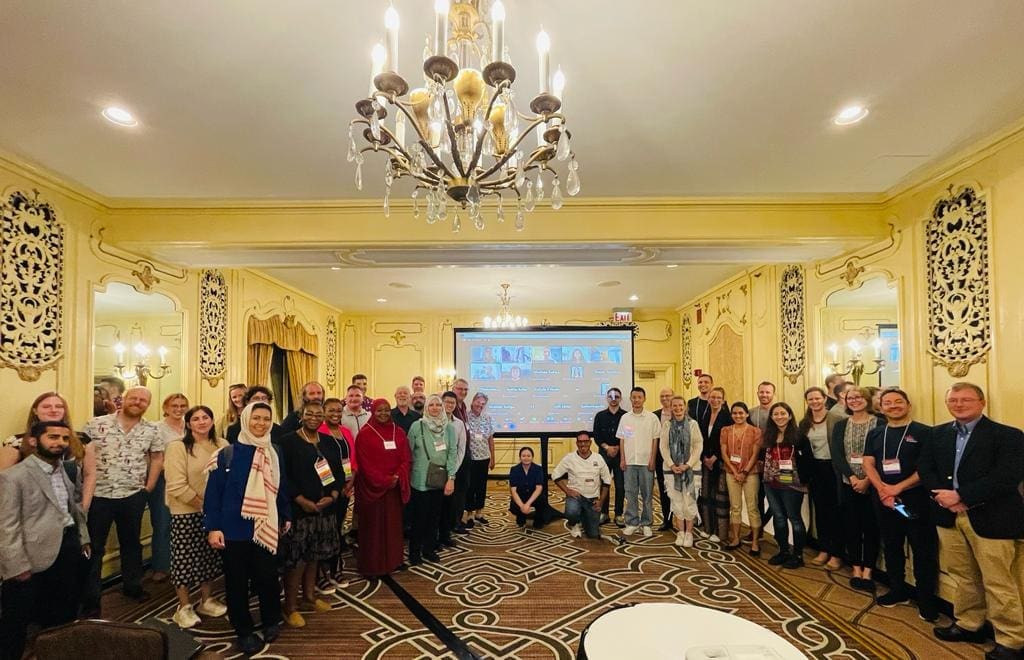
Student-Organized Colloquium 2023 – Hybrid
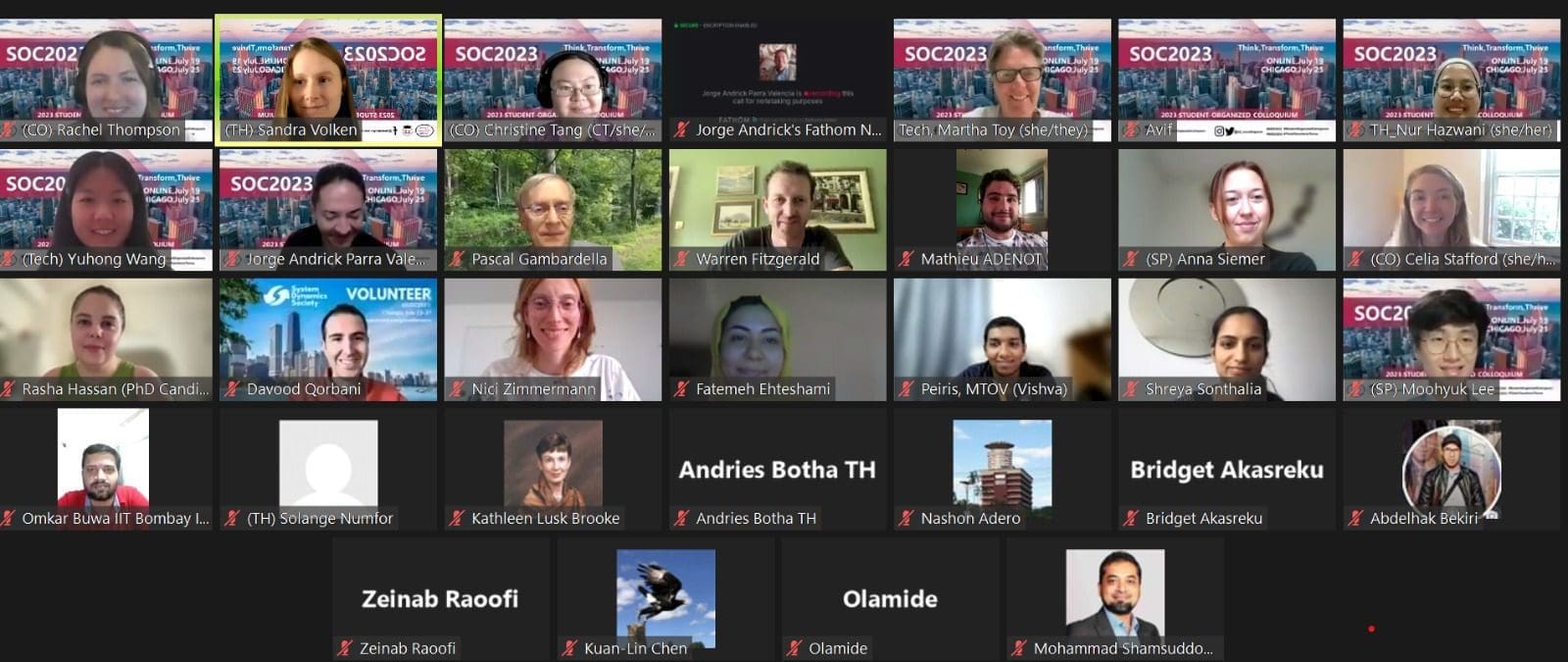
Student-Organized Colloquium 2023 – Virtual Day
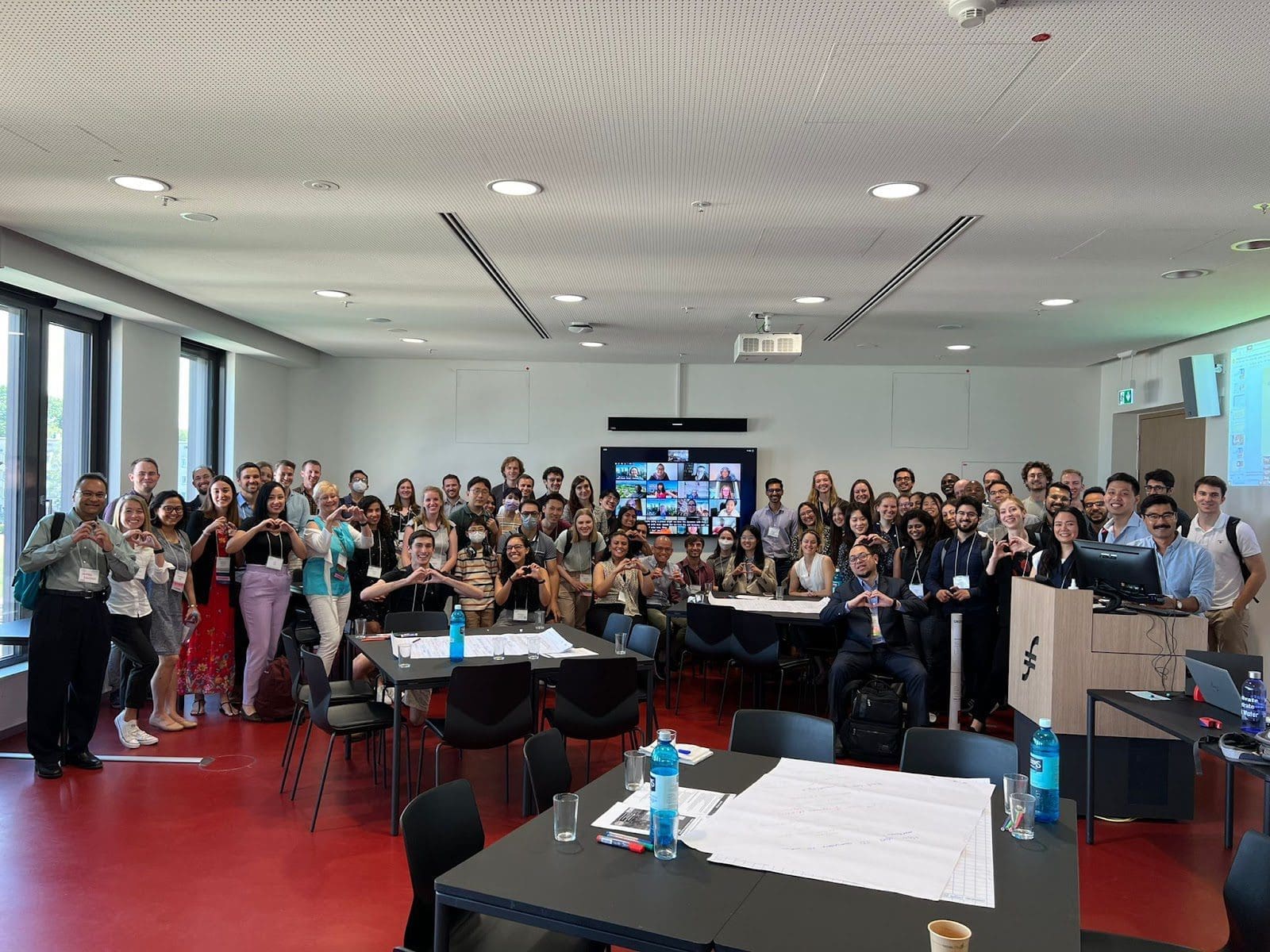
Student-Organized Colloquium 2022 – Hybrid
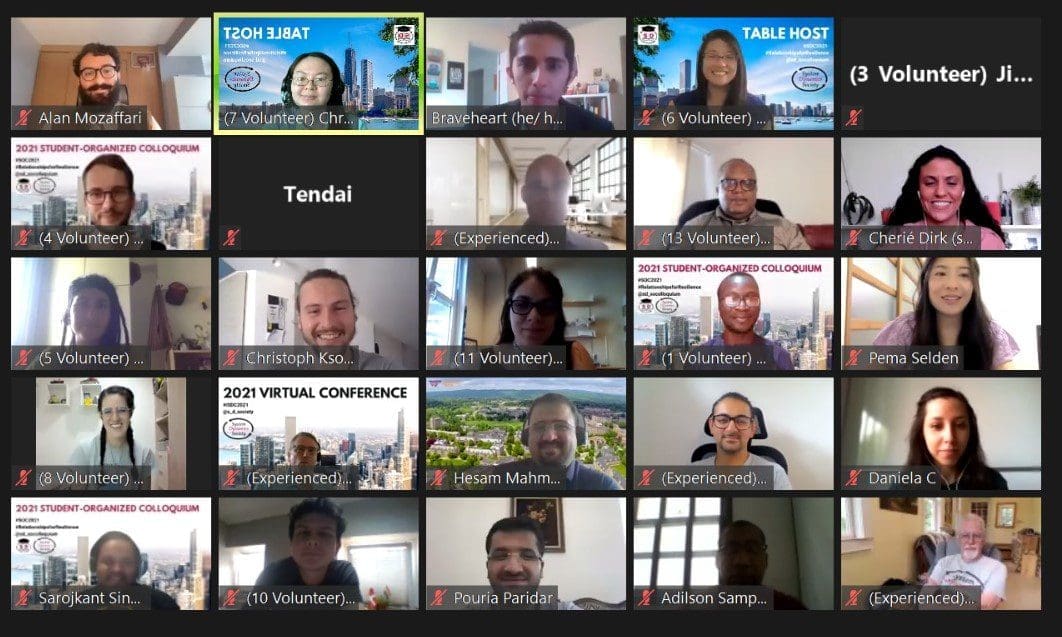
Student-Organized Colloquium 2021 – Online
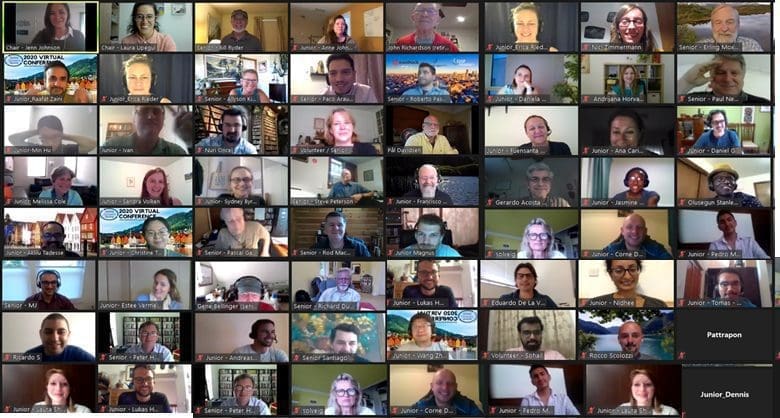
Student-Organized Colloquium 2020 – Online
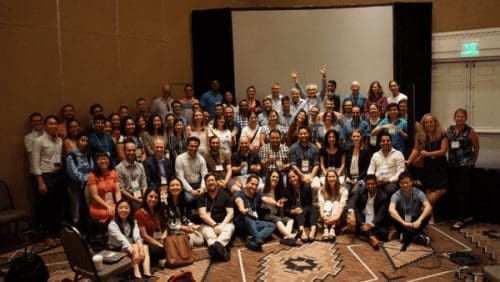
Student-Organized Colloquium 2019 – Albuquerque, USA
Register Today!
Don’t miss the opportunity to connect with a global community

